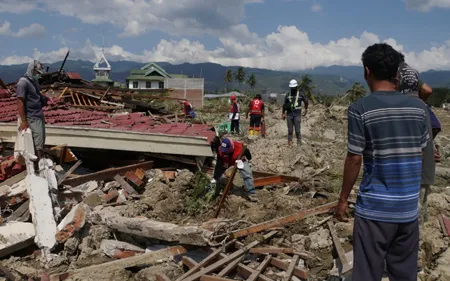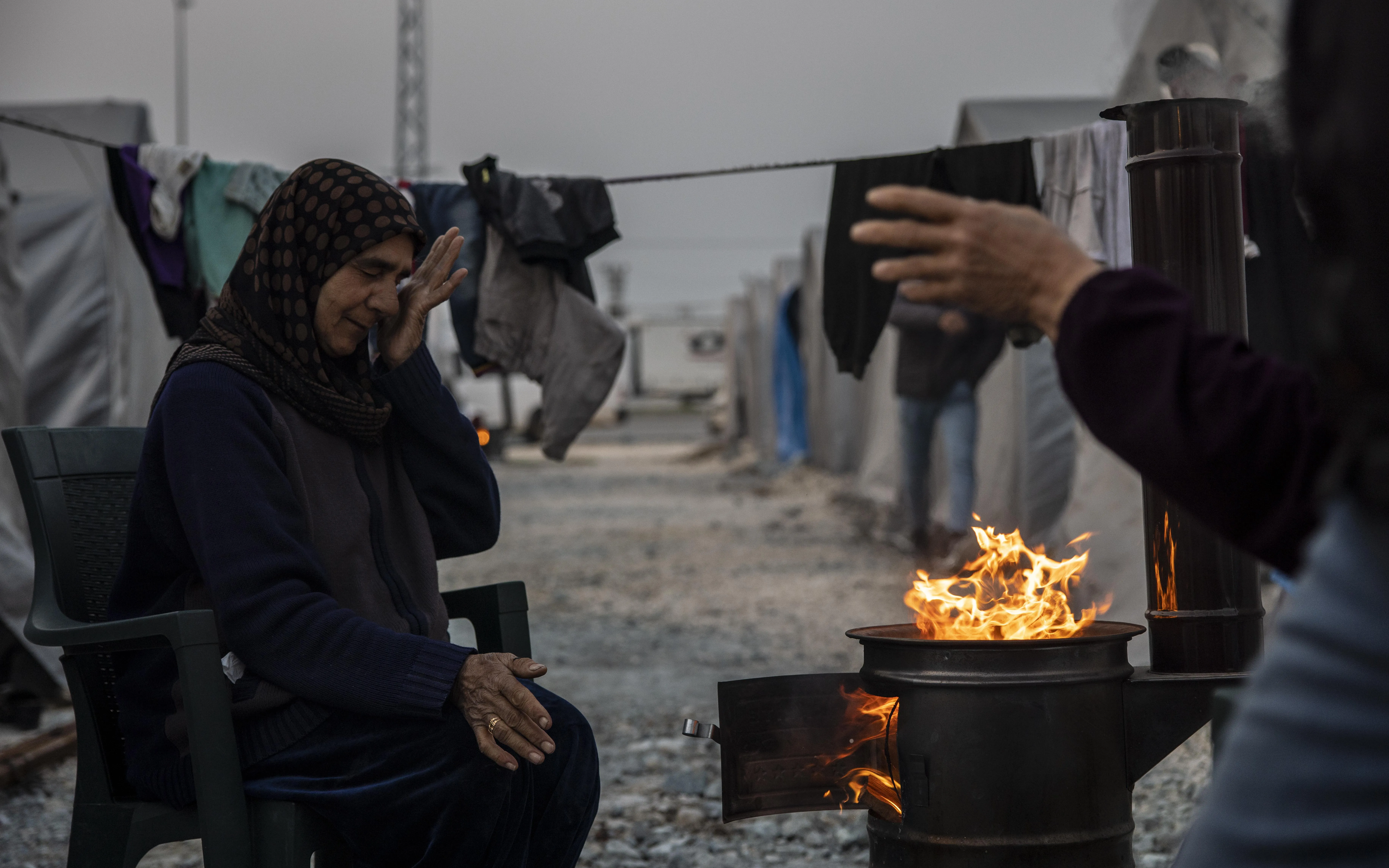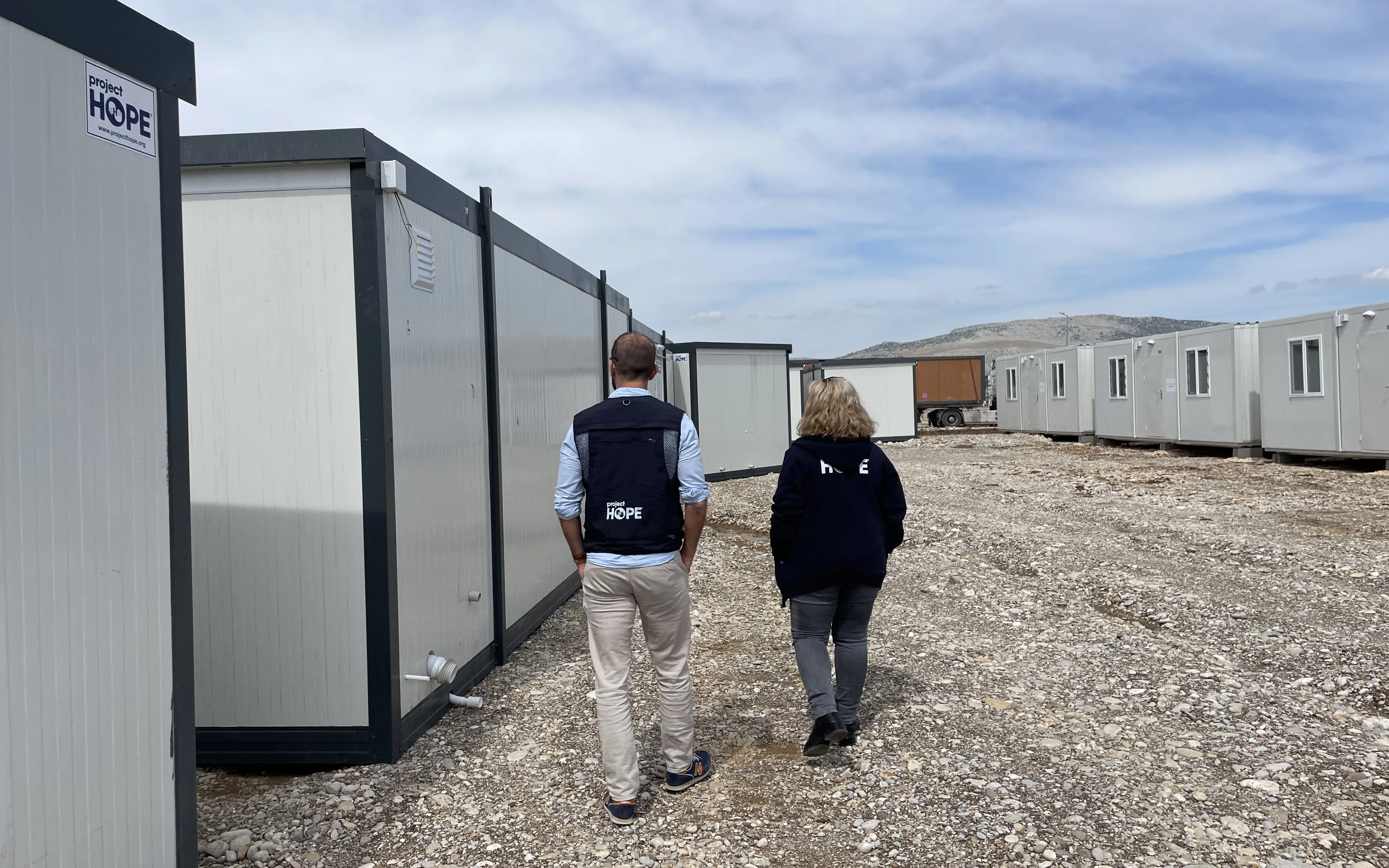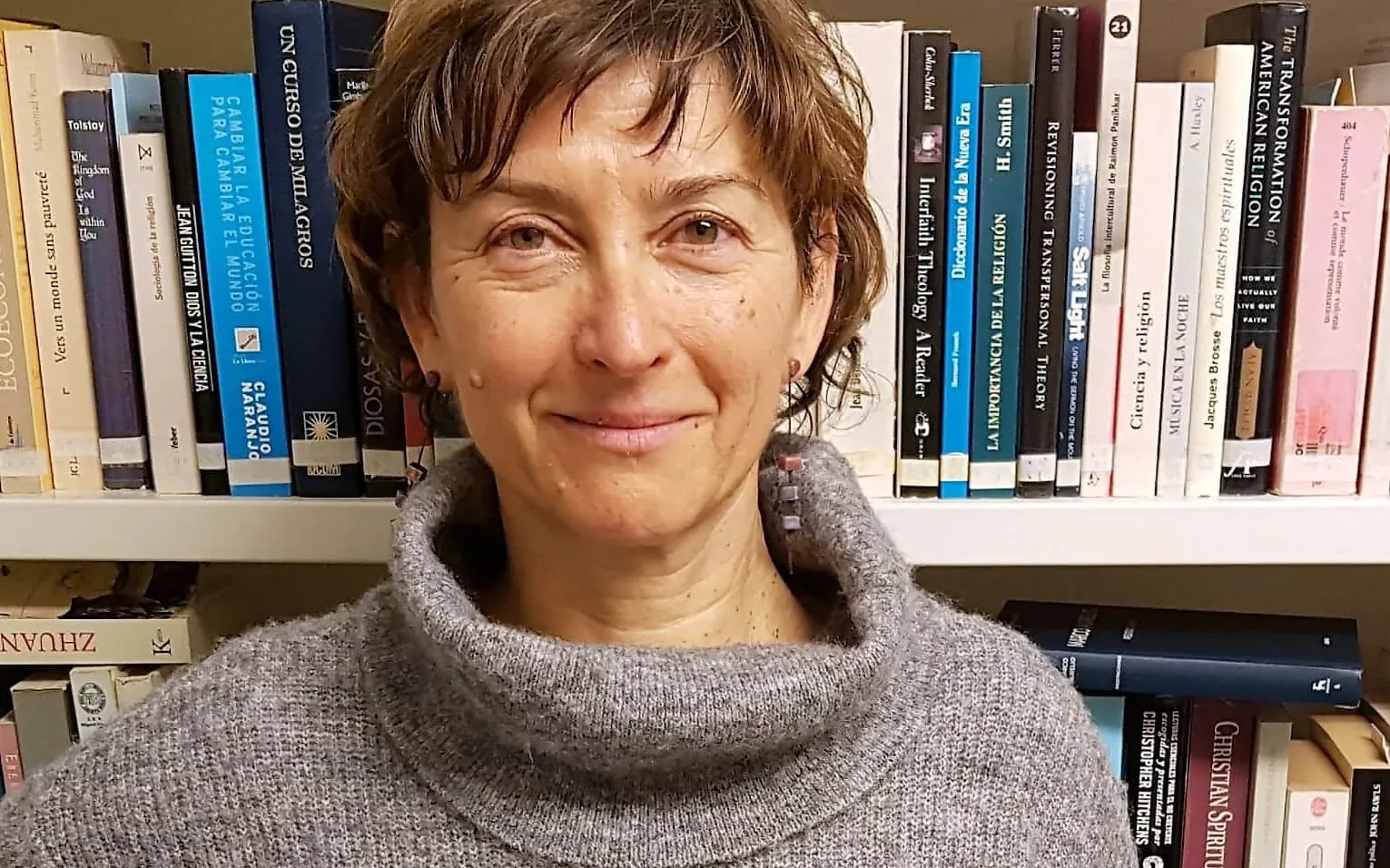So far the authorities have registered 5.000 missing persons and 1.763 deaths in this earthquake that is already considered the worst natural disaster in the country since 2004
After the earthquake and tsunami that sank a large part of the island of Célebes (Indonesia) on September 28, the United Nations estimates that some 191.000 people require urgent humanitarian aid. Faced with this situation, international NGOs such as Action Against Hunger, Red Cross, ADRA Indonesia, Oxfam Intermón, Save The Children or UNICEF have already launched emergency humanitarian campaigns in the affected areas. So far the authorities have registered 5,000 missing persons and 1.763 deaths in this earthquake that is already considered the worst natural disaster in the country since 2004.
According to the EFE agency, the spokesman for the Disaster Prevention Agency (BNPB), Sutopo Purwo Nugroho, said on Sunday that the estimated disappearance corresponds to the neighborhoods of Petobo and Balaroa, of the city of Palu, the provincial capital of this region of the center of the island, the most punished by the catastrophe.
In this area, the tsunami hit with waves of more than 3 meters that devastated its coast, including Talis beach where more than 500 people celebrated a festival. According to the Reuters agency, the BNPB spokesman also placed in 2.632 the number of seriously injured due to the disaster, which has left some 62.000 displaced people in about 147 temporary refuges and has damaged nearly 67.000 homes.
How can I help?
Among others, there are the following NGOs that are already working in the territory:
It has worked in Indonesia since 1998, now in the region of Nusa Tenggara Timur (NTT), with a team of 16 people. It works on the prevention, diagnosis and treatment of malnutrition through a multisectoral approach. It also responds to the many natural disasters that affect the country.
The ADRA Indonesia team is in the field conducting a fast assessment of needs and coordinating with the Government, humanitarian and community organizations. Urgent needs such as temporary shelter, medical assistance, medication, food, drinking water, sanitation and hygiene, trauma healing, emergency schools and many more have been detected.
The Palang Merah Indonesia (PMI) or the Red Cross Indonesia has responded to the humanitarian emergency since the beginning. Thus, it has requested support to the International Federation of the Red Cross to immediately mobilize relief articles (blankets, mattresses, plastic awnings, stores and solar lights) that can attend 10.000 families at first.
Oxfam (Oxfam Intermón in Spain) and its partner organizations are expanding their response to support half a million people. Their efforts focus on bringing water, food and shelter, through their partner organizations on the ground, to the affected area.
It works through his local partner Yayasan Sayangi Tunas Cilik (YSTC) in Indonesia. A team of humanitarian personnel from YSTC has traveled by boat from Makassar to the most affected communities, about 800 kilometers away.
UNICEF is underway to meet the most urgent needs of children and their families. It acts to bring together children who have been separated from their relatives and to provide food for infants, young people and the most vulnerable population.
The natural disaster in Cèlebes is the worst that Indonesia has suffered since the tsunami swept the Aceh province west of the archipelago in 2004. Indonesia is located in the Pacific Fire Belt and is a recurring scene of this type of phenomena. Almost 500 people were killed in July and August by a battery of earthquakes that went, affecting the island of Lombok.







Add new comment